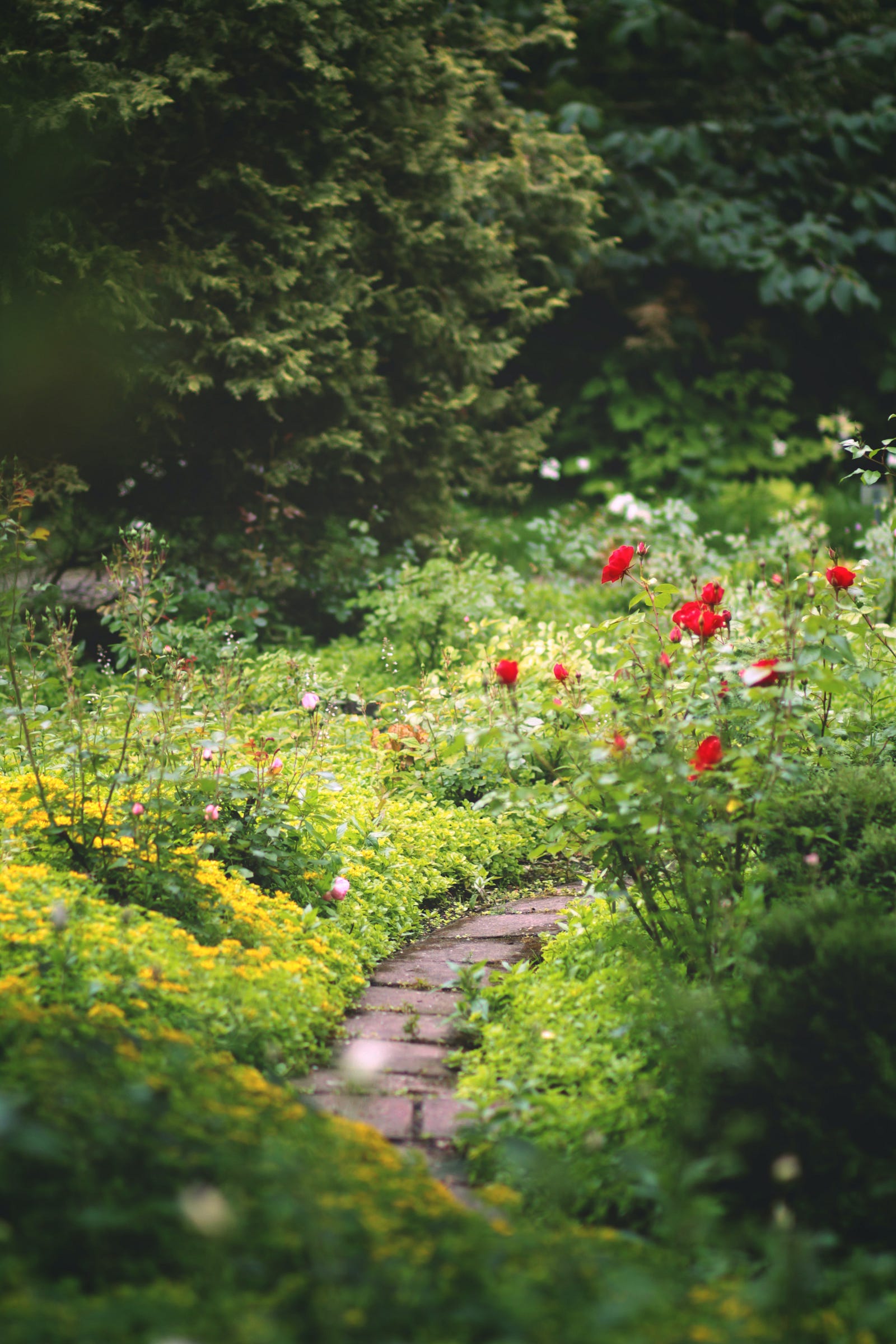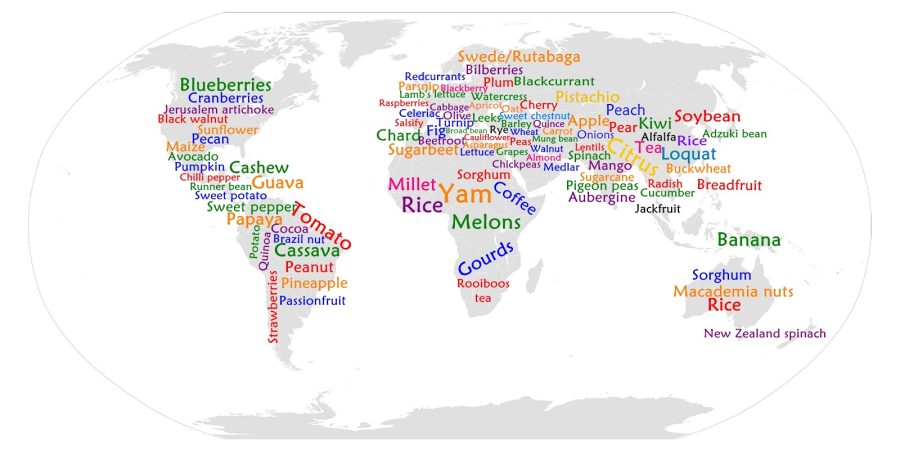
There are social, ecological, and spiritual structures that link the human world to the rest of the living on this planet and even cosmically, whether we like to see it that way or not. The way of regeneration begins in the self to cause a ripple effect all the way to systemic views of change. A big example is organic food production, labeling and how it has transformed through the years, making it more accessible now — if there wasn’t demand, there wouldn’t be an offer, and I think we all remember that phase well.
Anyway, social structures include creativity, economy, sectorial and even communal ideas of how a society can have a foundation to move on through, that emphatizes the human role for the betterment of the collective. All in all, deeply studying the actual and current system, although with its many flaws, it has been the one who has offered the biggest both scientific and spiritual growth — imagine telling someone from the ancient civilizations we’d have a pocket computer that connected all the information in the whole wide world through something called the internet.
So, the limitations of social structures begin and end with culture. This to say, the more multicultural a society is, the more it has to learn and grow. It’s limitations are bound by the idea of what culture actually is. Culture, in essence, is the idea that we exchange knowledge not only by existing, but by planting and co-creating food, at least the root word, culturae, meant exchanging knowledge through plantation and food production. Which, in the Agricultural Revolution did make a lot of sense… the idea of culture changed a bit after the Industrial Revolution, now it’s a complex phenomena that both social scientists and neuroscientists study alike, without any defined form or ideal, because it’s so mutable and flexible. What is culturally accepted for the fly is not for the human, a lot of what is for Asians is not for a lot of Westerners, and so it goes. This interchangeable notion of culture only arose with the rise of the social sciences — the meaning might take different connotations in your mind, than in my mind. We all have a different experience of what culture is about and what we have to offer to our shared reality. With cyber growth, mechanical ideals of humanity arose, and we’re now breaking down this idea because it’s not a chicken and egg thing — machines did come after humans, afterall. The idea that we’re somehow mechanical and ultra-conditioned is not true, humanity is incredibly adaptive and flexible in both belief systems as in regenerating the body itself. So we can safely say that by the concrete idea of culture, there is no out of the boundaries of it, that we are continuously forming this thing that we don’t really understand but that shapes the wholeness of our private and public lives.
I speak a lot about shared reality, because I feel it’s an important topic. Our shared lives, what we breathe, speak, eat, consume and even the art we see and hear, is our culture. What we share with others, this shared reality I’m speaking about, is often misguided by social masks, judgment of others, fear, pain and trauma. To lift the veil of wounds is to see reality for what it is, even if your life right now isn’t perfect, you can look out the window and not find particularly anything wrong — it is as it is.
To be the “captains of our ships” is to take charge and direct our attention to this idea of our shared reality and how we truly want to live it, beyond cultural limitations, to help society grow and evolve past ancient outdated patterns. That’s how culture evolves and transforms, transmutes and creates, and it’s the direct consequence of all our actions, thoughts, emotions combined.
The neuroscientist Antonio Damasio, in his book The Strange Order of Things, explains that culture is built through the emotional aspects of our inner realities, to the outer aspects of our shared reality — in essence, what we feel, is what shapes what we give out. It’s incredibly interesting to point out the effect of regeneration on a personal level, it is said one single person can cause a ripple effect that supports the healing of thousands of others. That’s the importance of healing this disconnection to the planet, the Earth, to realize it is much more than a planet, much more than a home, it is living breathing being, God itself, one might point out — and to heal the disconnection between ourselves and this knowledge can affect thousands of others to go in the same direction.
Beyond the limitations of culture, as our indigenous ancestors keep pointing out, there’s an element of sacrificing past behaviors, social structures and even thought patterns for a greater belonging, a healthier living, a saner shared reality, and a happier culture. That is regeneration beyond self-imposed limitations.?



